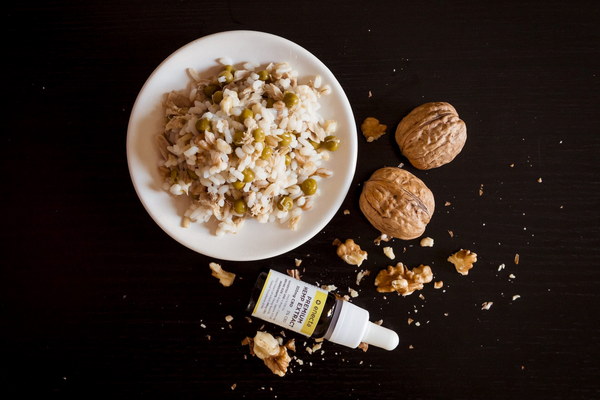Does Kidney-Nourishing Traditional Chinese Medicine Increase Uric Acid Levels
Introduction:
Traditional Chinese Medicine (TCM) has been practiced for thousands of years and is known for its holistic approach to healthcare. One of the popular TCM treatments is kidney-nourishing medicine, which aims to improve kidney function and overall well-being. However, some people are concerned about the potential side effects of these medications, particularly the risk of increased uric acid levels. In this article, we will explore whether kidney-nourishing TCM can indeed raise uric acid levels and discuss the potential implications.
Understanding Uric Acid:
Uric acid is a byproduct of the body's metabolism of purines, which are found in many foods and are also produced by the body. Normally, uric acid is excreted through the kidneys in the urine. However, when the kidneys are not functioning properly or when uric acid production is excessive, uric acid can build up in the blood, leading to a condition called hyperuricemia. This can result in various health problems, including gout and kidney stones.
Kidney-Nourishing TCM and Uric Acid Levels:
Kidney-nourishing TCM treatments often involve the use of herbs that are believed to improve kidney function and enhance overall well-being. While these herbs are generally considered safe, some individuals have raised concerns about the potential for increased uric acid levels.
Research on the subject is limited, and the findings are not entirely conclusive. Some studies have suggested that certain kidney-nourishing herbs may increase uric acid levels, particularly in individuals who are already at risk of hyperuricemia. However, other studies have found no significant association between kidney-nourishing TCM and elevated uric acid levels.
Factors Influencing Uric Acid Levels:
Several factors can influence uric acid levels, including diet, genetics, and kidney function. It is essential to consider these factors when evaluating the potential impact of kidney-nourishing TCM on uric acid levels.
1. Diet: A diet high in purines, such as red meat, seafood, and alcohol, can contribute to increased uric acid levels. It is essential for individuals with kidney issues to monitor their diet and consult with a healthcare professional to ensure that they are not consuming excessive amounts of purines.
2. Genetics: Some individuals may have a genetic predisposition to hyperuricemia, making them more susceptible to increased uric acid levels.
3. Kidney Function: Kidney function plays a crucial role in the excretion of uric acid. If the kidneys are not functioning properly, uric acid can accumulate in the blood, leading to hyperuricemia.
Potential Risks and Precautions:
While the evidence is not definitive, it is essential for individuals with kidney issues or those at risk of hyperuricemia to exercise caution when using kidney-nourishing TCM. Here are some potential risks and precautions to consider:
1. Consult with a healthcare professional: Before starting any kidney-nourishing TCM treatment, it is crucial to consult with a healthcare professional, such as a doctor or a TCM practitioner. They can provide guidance on the safety and efficacy of the chosen treatment and monitor uric acid levels if necessary.
2. Monitor uric acid levels: Regular monitoring of uric acid levels is essential, especially for individuals with pre-existing kidney issues or those at risk of hyperuricemia. This will help identify any potential issues early on and allow for timely intervention.

3. Adjust the treatment: If uric acid levels begin to rise, a healthcare professional may recommend adjusting the kidney-nourishing TCM treatment or exploring alternative options.
Conclusion:
While the evidence is not entirely conclusive, there is a potential risk that kidney-nourishing TCM may increase uric acid levels in some individuals. It is essential for individuals with kidney issues or those at risk of hyperuricemia to exercise caution when using these treatments. Consulting with a healthcare professional, monitoring uric acid levels, and adjusting the treatment as needed are crucial steps to ensure the safety and efficacy of kidney-nourishing TCM.









